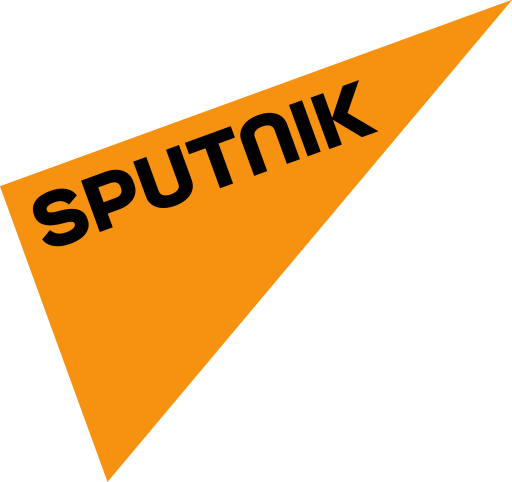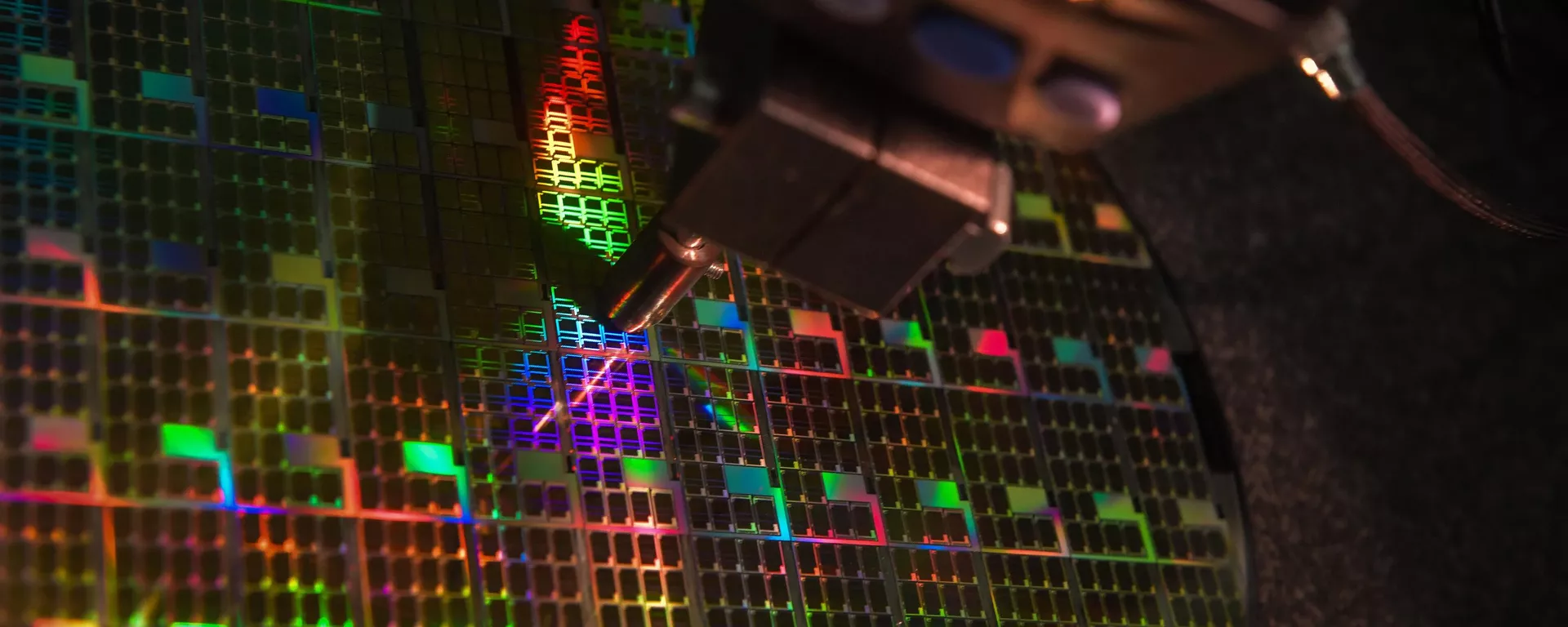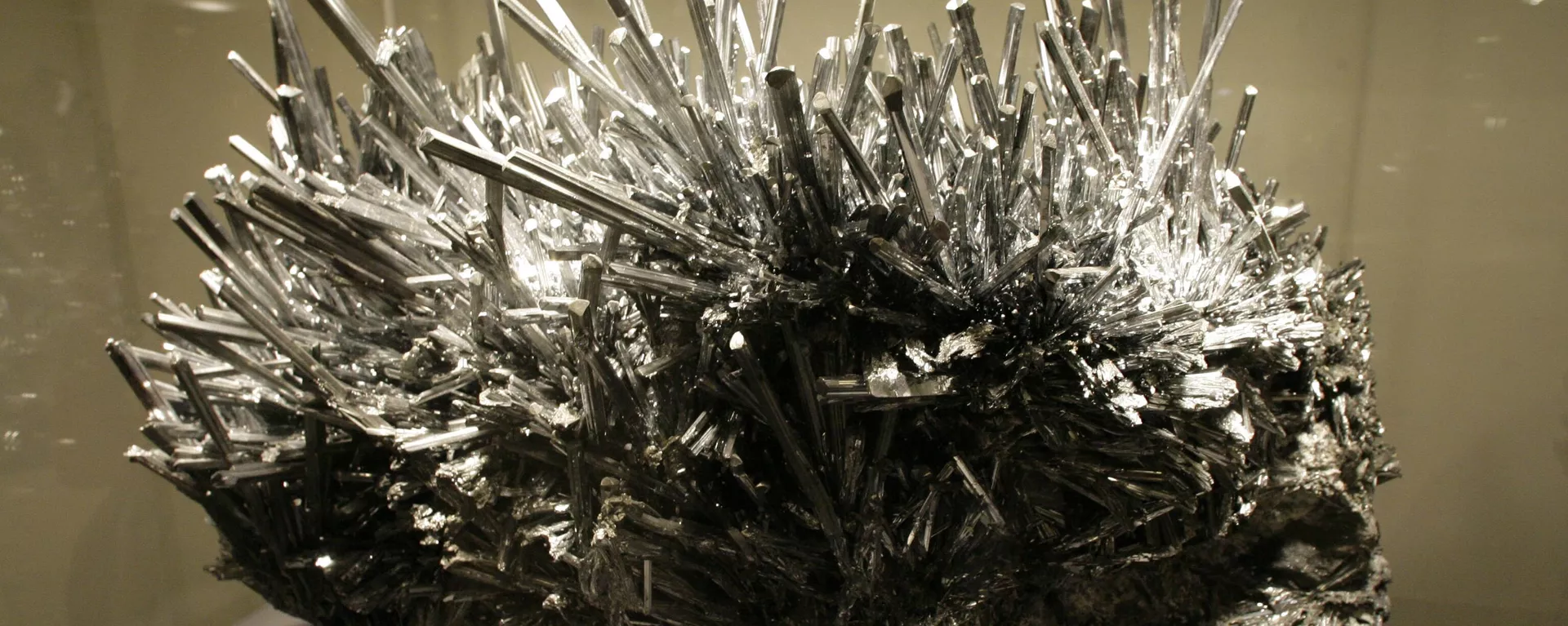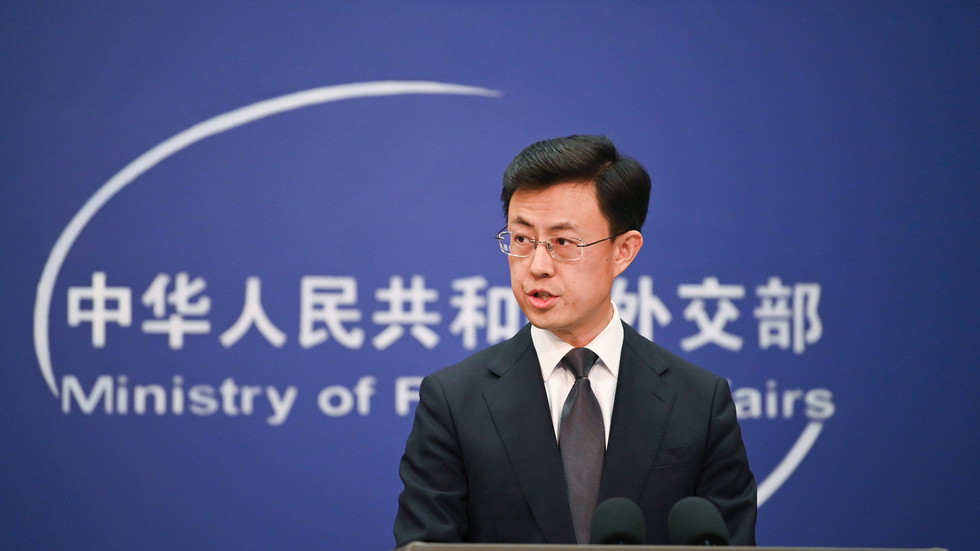The US latest export control measures targeting China further tighten export controls on China involving semiconductor manufacturing equipment, storage chips and other items, add 136 Chinese entities to the export control entity list, and expand long-arm jurisdiction, interfering in trade between China and third countries. This is a typical act of economic coercion and non-market behavior, a spokesperson from China's Ministry of Commerce (MOFCOM) said after the US unveiled its latest semiconductor export controls on China on Monday.
The US talks one way and acts another, continuously broadening the concept of national security, abusing export control measures, and engaging in unilateral bullying. China firmly opposes this, the MOFCOM spokesperson said.
The semiconductor industry is highly globalized, and the abuse of control measures by the US seriously impedes normal economic and trade exchanges among countries, seriously undermines market rules and international economic and trade order, and seriously threatens the stability of the global industrial chain and supply chain. The global semiconductor industry, including US companies, has been seriously affected. China will take necessary measures to firmly safeguard its legitimate rights and interests, the MOFCOM spokesperson noted.
Responding to a media question regarding the matter, China's Ministry of Foreign Affairs spokesperson Lin Jian also said at a regular press briefing on Monday that China firmly opposes the US' overstretching the concept of national security, abusing export controls, and maliciously blocking and suppressing China.
This type of behavior seriously violates the laws of market economy and the principle of fair competition, disrupts international economic and trade order, destabilizes global industrial and supply chains, and will eventually harm the interests of all countries, Lin said.
The US talks one way and acts another, continuously broadening the concept of national security, abusing export control measures, and engaging in unilateral bullying. China firmly opposes this, the MOFCOM spokesperson said.
The semiconductor industry is highly globalized, and the abuse of control measures by the US seriously impedes normal economic and trade exchanges among countries, seriously undermines market rules and international economic and trade order, and seriously threatens the stability of the global industrial chain and supply chain. The global semiconductor industry, including US companies, has been seriously affected. China will take necessary measures to firmly safeguard its legitimate rights and interests, the MOFCOM spokesperson noted.
Responding to a media question regarding the matter, China's Ministry of Foreign Affairs spokesperson Lin Jian also said at a regular press briefing on Monday that China firmly opposes the US' overstretching the concept of national security, abusing export controls, and maliciously blocking and suppressing China.
This type of behavior seriously violates the laws of market economy and the principle of fair competition, disrupts international economic and trade order, destabilizes global industrial and supply chains, and will eventually harm the interests of all countries, Lin said.
"China will take resolute measures to firmly defend the legitimate and lawful rights and interests of Chinese companies," Lin said.
The US on Monday launched its third crackdown in three years on China's semiconductor industry, curbing exports to companies including chip equipment maker Naura Technology Group, among other moves, Reuters reported on Monday, citing sources familiar with the matter.
The move also hit Chinese chip toolmakers Piotech and SiCarrier Technology with new export restrictions as part of the package, Reuters reported.
When calling the investor hotline, Global Times on Monday learned from an employee with Piotech that they have taken note of the reports.
We will actively respond to it if the news is true, the employee said, adding that their US-related business accounts for a relatively small proportion of Piotech's global business and therefore the impact will be limited.
The Chinese company is also ramping up efforts to strengthen substitution of domestic products (to reduce reliance on imports), according to the employee.
Another Chinese company who is also reportedly on the restriction list told the Global Times on Monday that they have looked into the news and are making preparations, but they would not provide further details until the restriction is released.
The reported export restrictions on chips by the Biden administration could disrupt the normal functioning of the global supply chain and industry chain, and potentially backfire on the US chip industry itself - China is a key market, and the development of the chip industry requires joint global efforts rather than by any single country, including the US, Gao Lingyun, an expert at the Chinese Academy of Social Sciences in Beijing, told the Global Times on Monday.
On November 25, in response to an earlier report by Reuters which said the Biden administration is set to unveil new export restrictions on China soon, China's Foreign Ministry has already slammed the US' planned new restrictions on chip exports to China, and vowed to take resolute measures to firmly defend the legitimate and lawful rights and interests of Chinese companies.
Speaking at a regular press conference on Thursday, Chinese Ministry of Commerce spokesperson He Yadong said that China will "implement necessary measures" to safeguard the legitimate and lawful rights and interests of Chinese enterprises if the US continues to escalate export controls that target China.
When calling the investor hotline, Global Times on Monday learned from an employee with Piotech that they have taken note of the reports.
We will actively respond to it if the news is true, the employee said, adding that their US-related business accounts for a relatively small proportion of Piotech's global business and therefore the impact will be limited.
The Chinese company is also ramping up efforts to strengthen substitution of domestic products (to reduce reliance on imports), according to the employee.
Another Chinese company who is also reportedly on the restriction list told the Global Times on Monday that they have looked into the news and are making preparations, but they would not provide further details until the restriction is released.
The reported export restrictions on chips by the Biden administration could disrupt the normal functioning of the global supply chain and industry chain, and potentially backfire on the US chip industry itself - China is a key market, and the development of the chip industry requires joint global efforts rather than by any single country, including the US, Gao Lingyun, an expert at the Chinese Academy of Social Sciences in Beijing, told the Global Times on Monday.
On November 25, in response to an earlier report by Reuters which said the Biden administration is set to unveil new export restrictions on China soon, China's Foreign Ministry has already slammed the US' planned new restrictions on chip exports to China, and vowed to take resolute measures to firmly defend the legitimate and lawful rights and interests of Chinese companies.
Speaking at a regular press conference on Thursday, Chinese Ministry of Commerce spokesperson He Yadong said that China will "implement necessary measures" to safeguard the legitimate and lawful rights and interests of Chinese enterprises if the US continues to escalate export controls that target China.
Gao said that Chinese businesses have withstood US export curbs on China over the years. For the Biden administration, however, this move might represent its last large scale attempt to whip up US hegemony to try to suppress development of China's chip industry.
The US crackdown targeting chip exports, though aimed at Chinese companies, could also backfire and hurt American industries, Li Yong, a senior research fellow at the China Association of International Trade, told the Global Times on Monday. "At first glance, these trade tactics appear to target Chinese businesses and industries. However, they are ultimately self-destructive and could harm the US even more," Li said, noting that "it's like cutting off its nose to spite its face."
The US crackdown targeting chip exports, though aimed at Chinese companies, could also backfire and hurt American industries, Li Yong, a senior research fellow at the China Association of International Trade, told the Global Times on Monday. "At first glance, these trade tactics appear to target Chinese businesses and industries. However, they are ultimately self-destructive and could harm the US even more," Li said, noting that "it's like cutting off its nose to spite its face."
This article originally appeared on the Global Times website.

 4 months ago
31
4 months ago
31








 We deliver critical software at unparalleled value and speed to help your business thrive
We deliver critical software at unparalleled value and speed to help your business thrive






 English (US) ·
English (US) ·